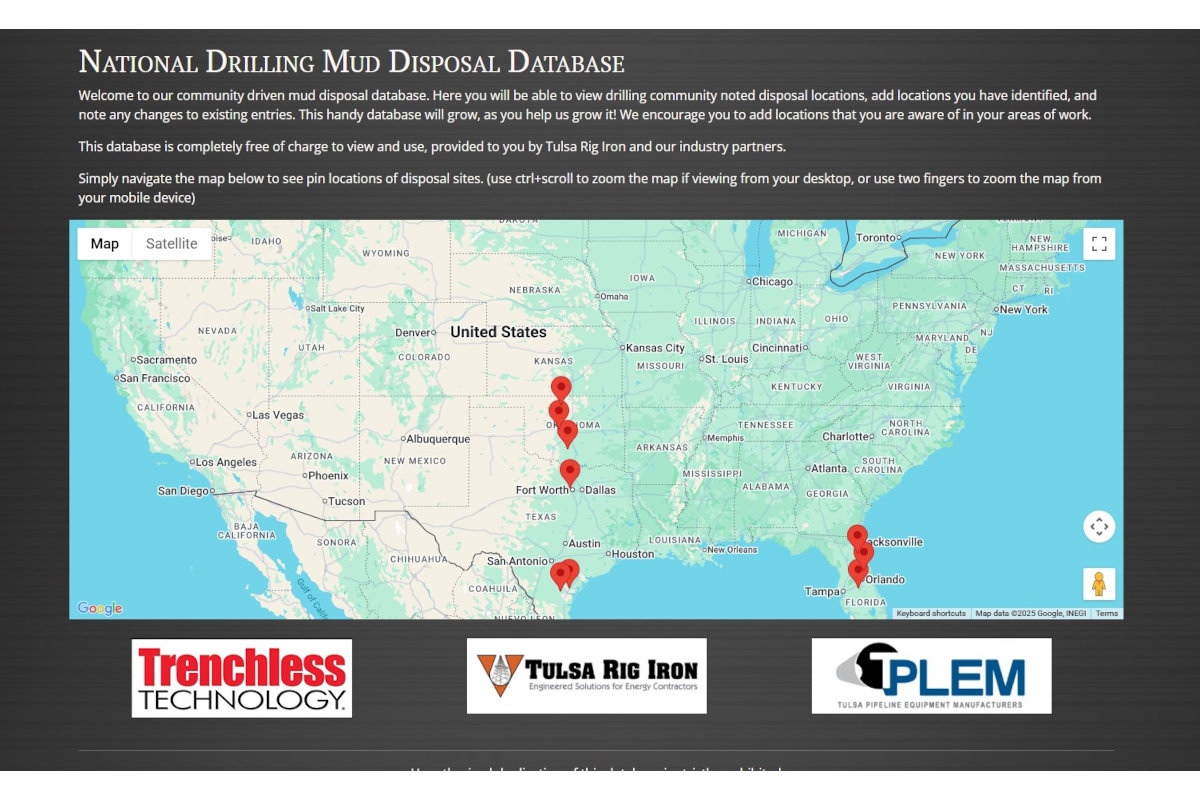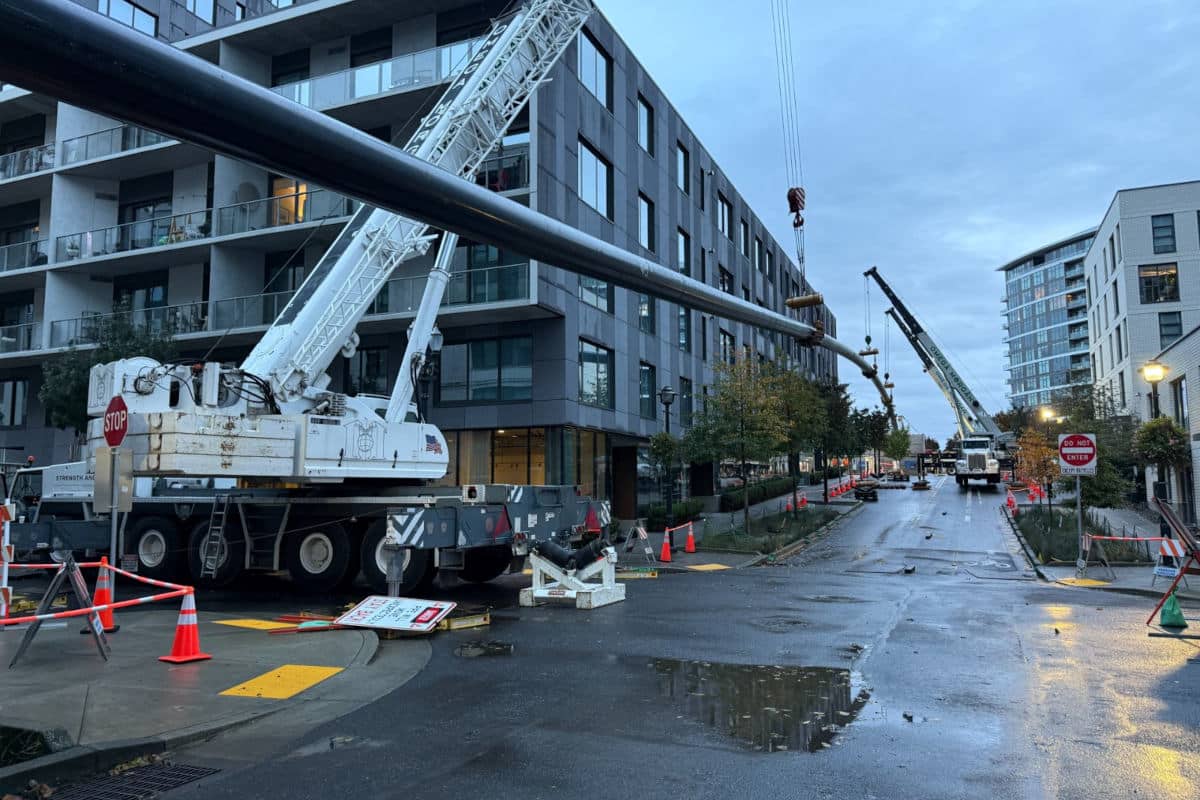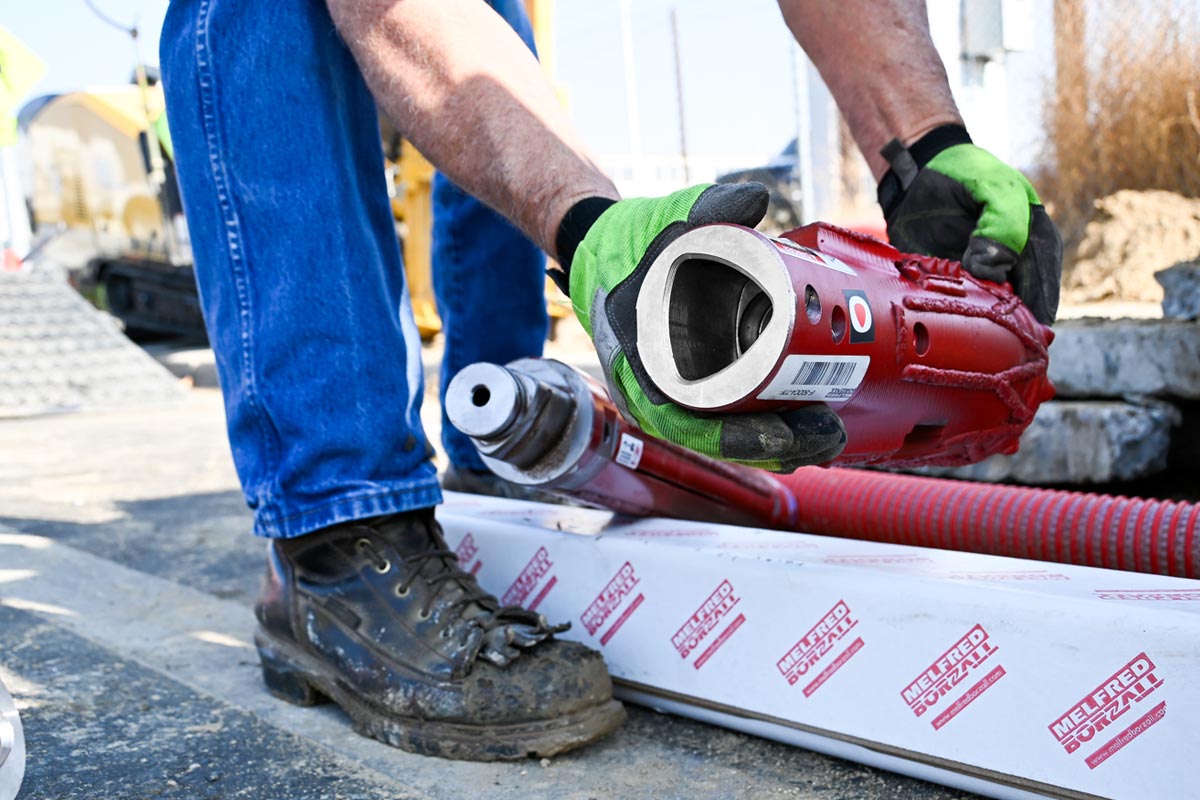Drill Master: Developing a Training Program?
Whether you’re purchasing a new drill or hiring new personnel, as a drilling contractor, training is typically one of your top priorities. It is important to know where you can go to get training that suits your requirements. If you make your purchases through local equipment dealers, they normally have factory-trained staff onsite. This is a benefit to you, since they will have experience with drilling conditions in your area.
As long as you and the instructor have the same expectations, training very seldom has a negative impact on your business. Be open with each other about the objectives of the training and the topics you want to cover.
In order for you to obtain the most benefit from any training program, it is important to look at the program from a bird’s-eye view. Each company has a little different structure so it is important to tailor the training to your company. Here are some things to consider when developing a training program:
Who should receive operator training? Most companies do not limit operator training to just the field crew. Many will include foremen, supervisors, mechanics and even owners. This helps to minimize breaks in productivity in the event a crew member is unavailable. Some of the key components of operator training are as follows:
Machine Training: It is important to understand if the trainees have operated a drill before. If they have, what size of machine did they operate? You may have an operator who has previously operated a larger machine and is now getting ready to learn a smaller machine or vice versa. The different sizes of machines operate and function differently. This is important information for the trainer to share with the trainee.
Tooling: There are many different ideas on what types of tools work best in the different types of soils on a specific jobsite. It is important that the operator have some general guidelines on tool selection based on those jobsite soil conditions. The amount of training required to bore in dirt with a standard drill head varies greatly from the amount of training required to operate a rock drilling system in rock.
Mud System Training: Will the operators only be running a mixing system or will they be required to run a mud recycler/reclaimer? Learning to properly mix drilling mud for the variety of conditions the drill will be operating in is VERY critical to a successful bore. Learning to properly run and manage a mud recycler/reclaimer requires even more training than a standard mixing system.
Drill Head Locator Operation: Drill head locators provide the same end result — guiding the drill head to the end of the bore, however, they do operate any differently. If the trainer knows which locator the crew will be using and has past experience on locators, he can adjust the training accordingly.
Existing Utility Requirements: Drilling crews need to understand the requirements for the state they are working in, such as the requirements for exposing utilities, the identifying marks for each utility, the one-call contact number, the local contact number for each utility company and possibly other local requirements.
Who should receive service or maintenance training? Most companies choose to have both operators and service technicians trained but some choose to leave all maintenance to their service technicians. It should be clearly communicated to the jobsite crew who will be doing the service on your equipment and what level of service training is required.
What level of expertise does your company have in HDD? The level of expertise should provide guidance as to the level of training needed. Some start-up companies need more in-depth training, requiring longer periods of time and possibly open-field training. Also, new crew members should be instructed on basic HDD terminology and construction site practices.
How are your systems and crews organized? Take this time to review the efficiency of your crews or systems. Are they organized to achieve the best results? Equipment dealer personnel can assist in analyzing inefficiencies and help companies identify wasteful steps that cost time and money.
Last, but most important, is safety training. It is crucial that every person in the company be trained on the safe operation of an HDD system. Personnel need to master many safe practices for safety and success on an HDD or any construction site.
As stated earlier, training seldom has a negative impact on a company. Over time, the ones that are successful with HDD are typically those that have a good training program, implement it and adhere to it. Always refer to the manufacturer’s manuals and/or videos for proper training practices. Training is not something you have to do, but to be a successful HDD company it is something you should want to do.
Ed Savage is trenchless segment manager at Vermeer Mfg. Co. and Richard Levings is senior product manager for Ditch Witch. All Drillmaster Reports are reviewed by the Drillmaster Advisory Board: Savage and Levings; Frank Canon, Baroid Industrial Drilling Products; Ron Lowe, Myers-Aplex, a Pentair Pump Co.; and Trevor Young, Tulsa Rig Iron.




